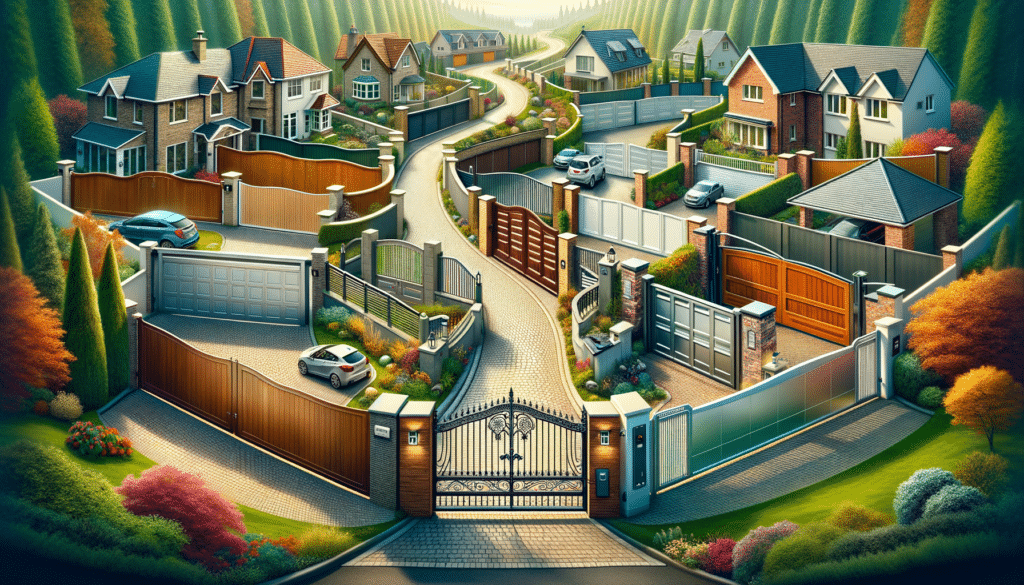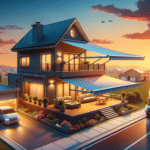Front Gates: The First Impression of Your Home
Front gates serve as both a security measure and a statement piece for your property. They are the first thing visitors notice, setting the tone for what lies beyond. Whether you’re looking for something traditional or modern, the choice of a front gate can reflect your personal style and the architectural aesthetics of your home.
When selecting a front gate, consider factors such as material, size, and design. Common materials include wrought iron, steel, and wood, each offering distinct advantages. Wrought iron gates are known for their durability and classic appeal, while wooden gates provide a warm, rustic charm. Steel gates, on the other hand, offer a sleek and contemporary look.
Beyond aesthetics, functionality is crucial. A well-chosen front gate should provide security and privacy, keeping unwanted visitors out while welcoming guests. Options like automatic locking systems and intercoms can enhance these features, offering convenience and peace of mind. Ultimately, your front gate should be a harmonious blend of form and function, enhancing both the security and curb appeal of your home.
Electric Gates for Driveways: Convenience Meets Security
Electric gates for driveways have become increasingly popular due to their convenience and enhanced security features. These gates eliminate the need for manual opening and closing, making them a practical choice for homeowners seeking ease of use. With a simple press of a button or a remote control, electric gates provide seamless access to your property.
One of the key benefits of electric gates is their ability to integrate with other security systems. Many models can be connected to cameras, intercoms, and alarm systems, offering a comprehensive security solution. This integration ensures that you can monitor and control access to your property from anywhere, providing peace of mind whether you’re at home or away.
Electric gates are available in various styles and materials, including sliding, swinging, and bi-folding designs. Each type has its own set of advantages, depending on the layout and space of your driveway. For instance, sliding gates are ideal for properties with limited space, while swinging gates offer a more traditional look. When choosing an electric gate, consider factors such as power source, maintenance requirements, and compatibility with existing security systems to ensure you select the right option for your needs.
Wooden and Metal Driveway Gates: A Comparison
When deciding between wooden and metal driveway gates, it’s essential to weigh the pros and cons of each material. Wooden gates are often favored for their natural beauty and ability to blend seamlessly with outdoor landscapes. They offer a traditional, timeless appeal that can enhance the aesthetic value of any property. However, wooden gates require regular maintenance to protect them from weather damage and to preserve their appearance.
Metal gates, on the other hand, are renowned for their strength and durability. Materials such as wrought iron, steel, and aluminum are commonly used, each offering unique benefits. Wrought iron gates are highly durable and can be intricately designed to add an artistic touch. Steel gates provide robust security and a modern look, while aluminum gates are lightweight and resistant to rust, making them a low-maintenance option.
Ultimately, the choice between wooden and metal gates depends on your priorities, whether they are aesthetic appeal, maintenance, or security. Consider the climate in your area, the level of privacy you desire, and the architectural style of your home when making your decision. By evaluating these factors, you can select a driveway gate that not only meets your functional needs but also enhances the overall look of your property.


